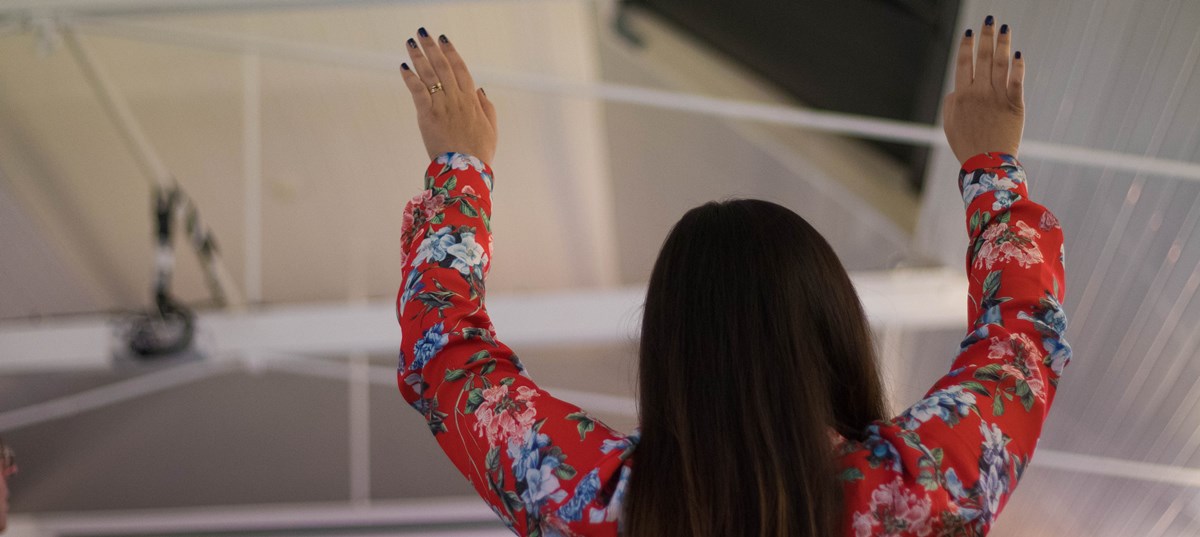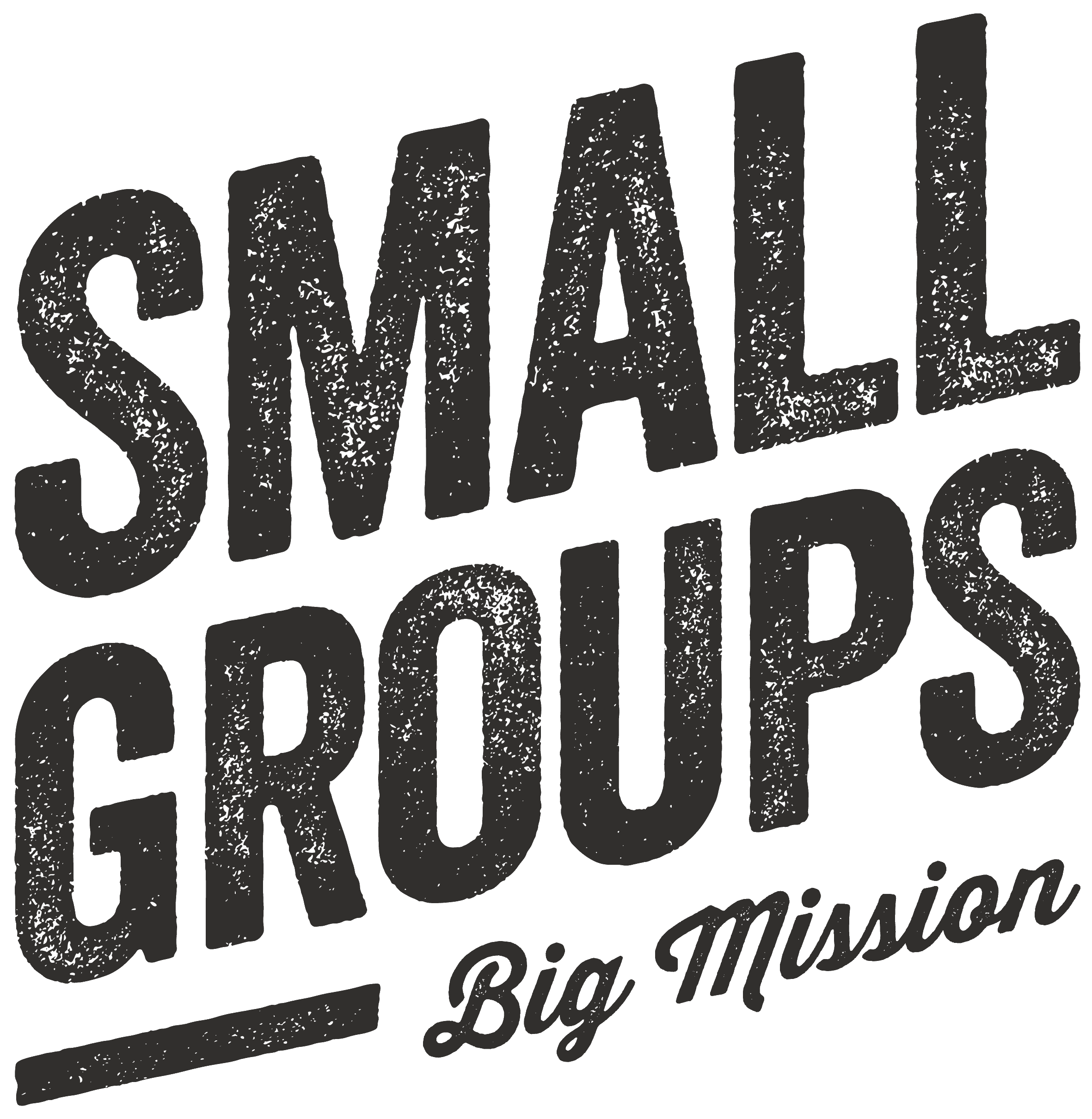Introduction
A suggestion for this meeting is that you do the Word section before the Worship section and use the idea at the end of this material for your worship. We have seen that creativity is to do with lifestyle, including prayer and giving. However, when it comes to our ‚set times of worship (either individually or corporately) expression is very important as it provides a release for our worship and a demonstration to God of our love for Him. The type of expression we see in our worship is very often a matter of culture. To express our worship freely and fully we will need to press in and through our cultural inhibitions [although there will always be cultural distinctives and characteristics of course.]
welcome
What do you really like to do to relax when you have time off?
word
brainstorm together various expressions of worship which are found in scripture. Allow people to shout out and them give the group a resume form the headings below.
groupwork
Divide the group into pairs or threes and give each pair/three a bit of paper with a worship expression and a verse/some verses to look up. Ask each pair/three to say what expression they had and what it expresses. [Don’t give all the information here – use this if you want to add more info or more examples]
[a.] Raised hands
Psalm 63:3-5, David in the desert - the richest of foods.
Exodus 17:12, Israelites v. Amalekites, Moses, Arun and Hur.
1 Timothy 2:8, Child reaching for a parent
[b.] Clapping and shouting
Psalm 47:1, context of psalm, God is a king who is awesome, puts things under our feet, gives us inheritance.
Psalm 100:1, Extravagant praise, our response to an extravagant God.
[c.] Song
Psalm 89:1
Psalm 96:1 and 98:1
Collossians 3:16b
Ephesians 5:18-20
[d.] Declaration
What comes out of our mouths is important and powerful.
At creation God spoke and the world and humanity came into being.
James 3:9-10, Romans 10:10
[e.] Music
Powerful- 1 Samuel 16, Saul tormented by an evil spirit, when David played his harp he would feel at peace.
1 Chronicles 25, 288 musicians in temple band!
There are 50 references to musicians in the OT and even more to percussion.
[f.] Dance
2 Samuel 6:14, King David was prepared to lose his credibility in people’s eyes as he danced before God.
Exodus 15, Miriam leading the women in praise and dance before God - dance of victory and thanks to God for getting them through the Red Sea without getting wet and for dealing with their enemies.
[g.] Kneeling, bowing, prostration
2 Chronicles 7:3, Israelites knelt on the pavement with their faces to the floor.
Genesis 24:52, Abraham’s servant bowed down to the ground before the Lord.
Revelation 1:17
discuss these different expressions - how do we feel about them? Which do we practice most readily? Which would we not get into very easily?
questions
- What do you think it means and does not mean to be creative in worship?
- What are the usual ways in which we worship, both on our own and together?
- What has shaped our worship patterns?
- Why do we worship in this way?
worship
You will need to ask the person who leads this section to do some preparation.
They need to bring a bag full of everyday objects which people pick out as in a lucky dip. People have 2 or 3 minutes to think about how this symbol represents something to do with God, his nature, our relationship to him etc.
Spend time worshipping God using the different symbols by going around the room with each person praying out. The rest of the group can add their ‘amen’ or agreement. If you want to take longer suggest that one more person to pray out after the person with the object has prayed out their worship.
Example: A couple of simple examples are using a bar of soap to express our desire to live holy lives of integrity, maybe reading out Psalm 51 at the same time, or using a can of oil to represent the anointing of the Holy Spirit.
witness
Part of the idea of evangelism as a community is that our non-Christian friends are naturally getting to know the others in our group through socialising together. This is an important part of the way people belong before they believe and helps build a bridge from non-Christian to small group member. How is this progressing?
Brainstorm ideas for what you can do as a group- whether this is putting on a specific event to invite people to or joining in things that are already happening in the college and going together (this could of course just be going down the pub or to the college bar together). Finish by praying for your friends and into the preparation for what you plan to develop.


